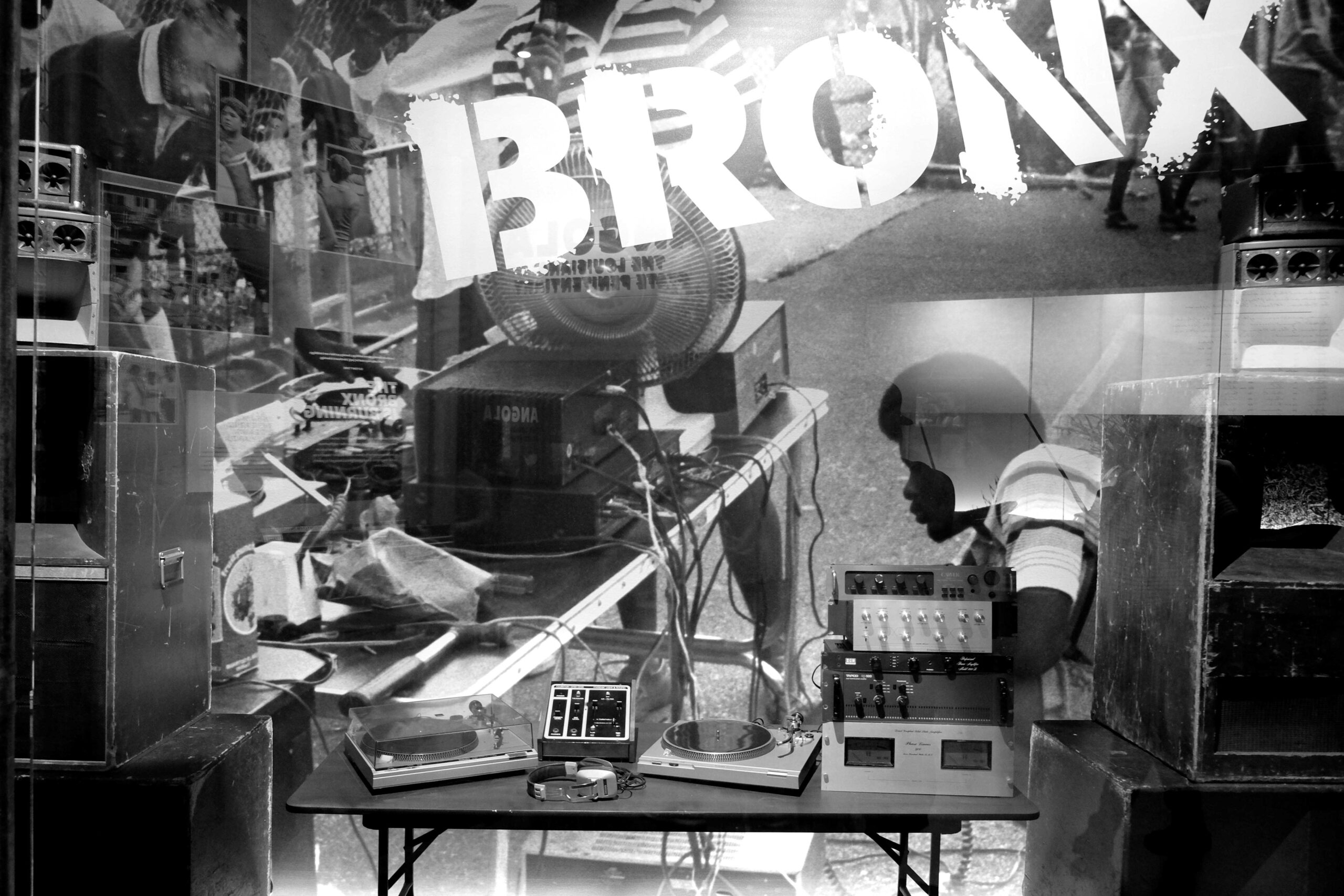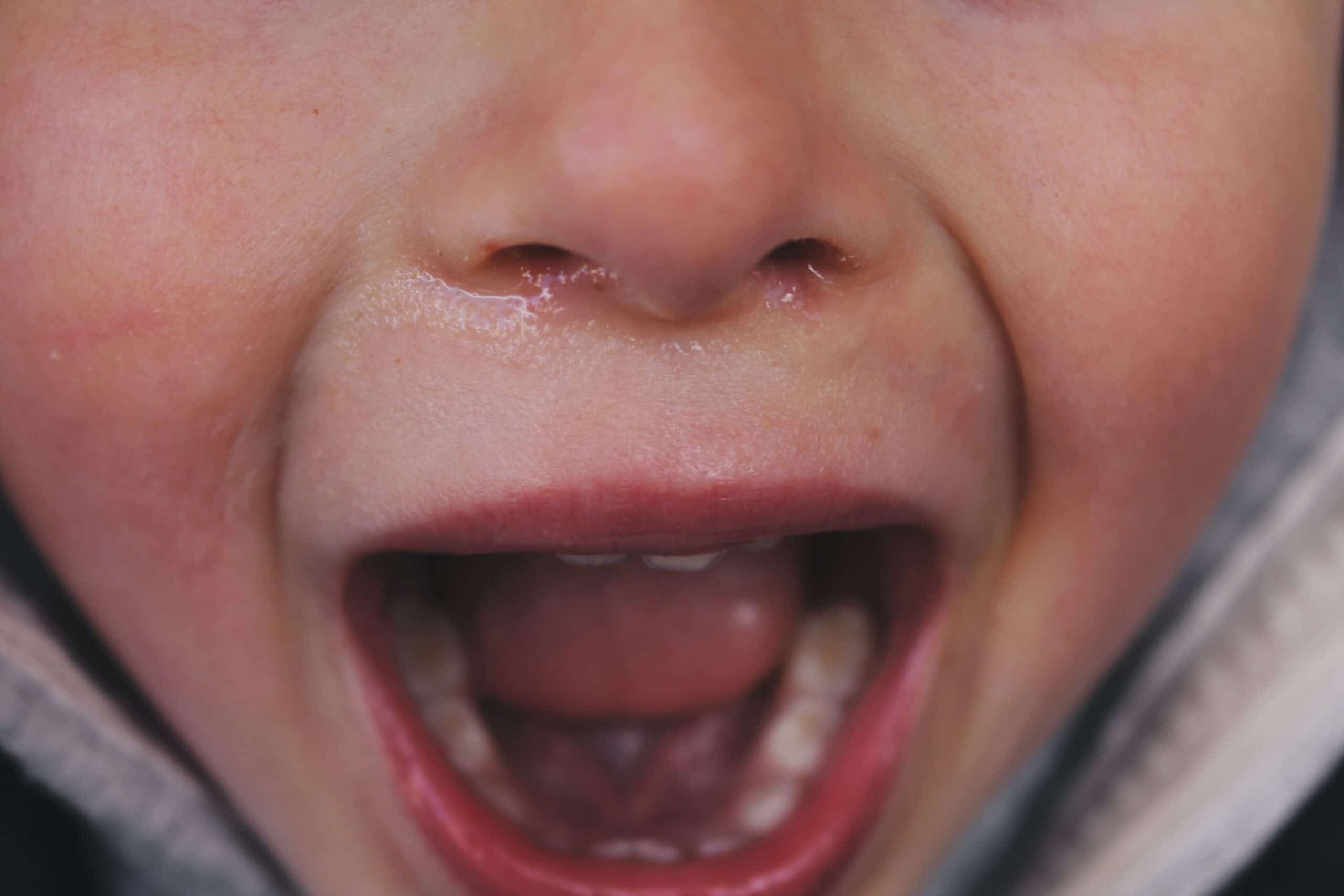We were constantly in fear of her hitting or pushing a friend, destroying a friend’s toy, or throwing a block at someone’s head. We started to isolate ourselves because we were embarrassed of how our child acted around others.
We suspected that Andrea had ADHD when she was about 18 months old. Her temper tantrums were more intense than most typical 18 mo – 2 year olds, and they literally came out of nowhere. With Katie, my wife, being a therapist for children with autism/behavioral issues, we tried every therapy technique in the book. We knew Andrea’s outbursts and behaviors were not “typical”.
Starting at about 2 years old, we really started to notice the minor things – It took forever to get her out the door; putting on clothes was a 1/2 hour task; and she couldn’t sit still, play nicely, or control herself. We were constantly in fear of her hitting or pushing a friend, destroying a friend’s toy, or throwing a block at someone’s head. We started to isolate ourselves because we were embarrassed of how our child acted around others.
What we heard consistently was, “Even if it’s ADHD, there’s nothing to do for ADHD this young.” That’s like saying, “Your kid has an illness, but we can’t treat it till they are older.” To us, this was NOT acceptable.
Luckily, my wife and I are blessed with one of the best-known child and adolescent psychiatrist fathers(-in law) in the world. A thorough evaluation of Andrea with input from Andrea’s teachers, led to a diagnosis of ADHD. Soon afterward, she was put on medication, which has helped her focus and improve impulse control. I myself have ADHD and struggled my whole life without medication; I was not to the extreme that Andrea is, however this helped in our decision to put her on medication. We did struggle with her age and putting her on them this young, however, with Katie and her Dad’s professional backgrounds in child behavior we knew the decision was in the best interest for Andrea.
Luckily, we are two STRONG Mamas who have learned to drown out the noise now.
For the first few months, we truly tried to hide the fact that our child was on medication. We didn’t want the judgment and opinions of others to affect our life and our decision that we had finally made. Luckily, we are two STRONG Mamas who have learned to drown out the noise now.
But life is still hard — we are constantly judged about our decision to put our 3 year old on medication and it is not a “fix-all”. Family, friends, strangers always have an opinion about our decision to medicate so early. We get input often to change her diet, use behavior charts, punish differently, reduce clutter etc. These are all things that we have tried, but everyone still has their input on what we could do differently.
All in all, even with medications, it is not a fix-all. Andrea still has her moments – we still have extreme tantrums, aggression, and meltdowns. So, one way or another we are being judged from someone. Either that someone is watching a huge meltdown in the middle of the Park, or someone is judging that our 3 year old is on medication.
What I most want to tell people is this: The next time you judge a parent please remember that you have absolutely no clue what that family is going through. None. On the surface, you may see a happy smiling family with a nice house and car who take regular vacations, but people may be going through more than you think. We have an absolutely brilliant 3 year old that cannot control herself. It truly is not only the child that is affected by the ADHD; it is the whole family. It is constant tears, screaming, fighting. We truly live and breathe by Andrea’s mood. If she is in a good mood, everyone is in a good mood.
EDITOR’S MEMO
When I saw this post on Facebook with its over 100 likes and comments I realized that Gianina was expressing an important message about parental decision-making and social judgement. I invited her to submit her post as an example of Flash Nonfiction, or short form, truth-based storytelling. What strikes me as important about Gianina’s cultural reflection is how often non-researchers effectively perform autoethnography. The fact that Gianina did so in a public space (Facebook) speaks to the autoethnographic nature of many of our social media communications. Whether we agree or disagree with her message, we can appreciate what this entire decision-making process was like for Gianina and her family thanks to her evocative expression. Marlen Elliot Harrison, Editor-in-Chief
Featured Photo by Marco Albuquerque on Unsplash









